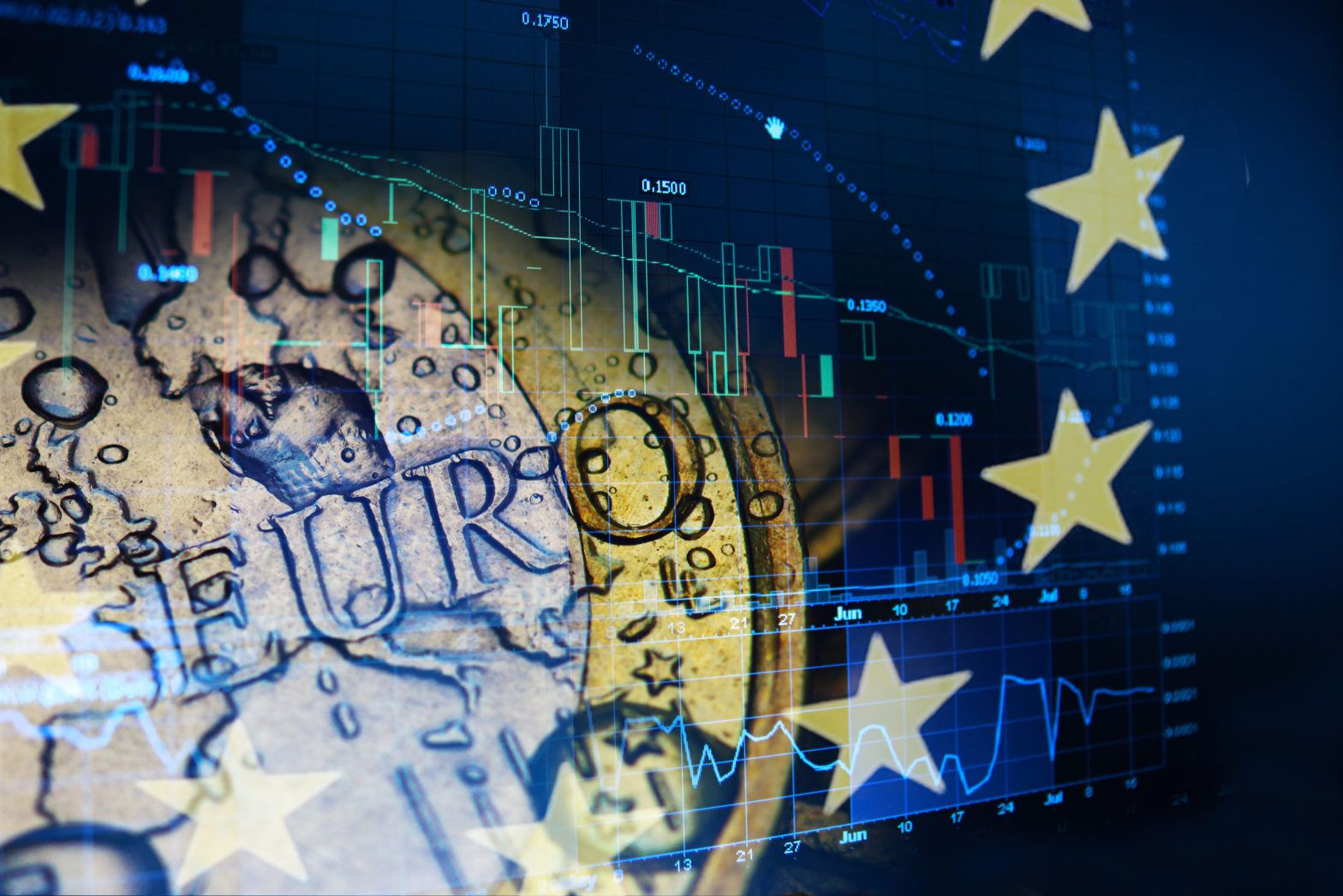European investor confidence has tumbled on the back of disappointing earnings results, underwhelming economic data and rising European political turmoil, according to State Street’s investor confidence index.
State Street’s European Investor Confidence Index plummeted 10.8 points this month to 90.8 following a 9.5-point drop in May.

The index measures investor confidence or risk appetite quantitatively by analysing the actual buying and selling patterns of institutional investors. A reading of 100 on the index is neutral – any rise or drop below this mark suggests an increase or decrease in investor allocations to risky assets.
“If you’re looking for evidence of softer growth because expectations have disappointed then unfortunately Europe is the place at the moment,” said Michael Metcalfe, head of macro strategy at State Street Global Markets “You have to go quite a long way back to find two consecutive monthly falls [on the index] of about 10 points.”
The last month has also seen escalating trade tensions across the globe amid increasingly protectionist rhetoric as well as divergent monetary policy between major central banks leading to more cautious investor positioning.
During the same period, State Street’s Global Investor Confidence Index decreased to 101.7, down 2.1 points. The Asian Investor Confidence Index saw a 0.8-point decrease to 102.6. However, the North American index rose by 0.8 points to 105.7.
“If investors were worried about the trade war risk in isolation then you would expect the fall in investor confidence to be led by Asia,” Metcalfe added. “The indicators and data is more divergent and these concerns are most obviously being seen in Europe.”
German wobbles
On top of global trade war gears, Europe is also grappling with the election of a Eurosceptic populist government in Italy; increasing concerns about a no deal Brexit; and a wobbly coalition government in Germany.
Germany – Europe’s largest economy – followed weaker-than-expected Q1 earnings results with underwhelming economic data.
Industrial production fell by 1% in Germany during April, according to data released this month, while factory orders dropped by a 2.5% during the same period.
“The [European] data has not rebounded at a time when the market is looking for signs that talk of a trade war is beginning to impact investor outlooks,” Metcalfe said.
“Germany is a huge exporter and the fact that German data has not picked up combined with the narrative of the trade war has created some concern that this signals the start of the global economy rolling over.”
At the start of the year, economic optimism and business confidence in Europe on the up. Growth rates for the bloc beat expectations in 2017 to reach a 10-year high at 2.4%.
But growth slowed in Q1 falling to 0.4% from 0.7% – the slowest pace of growth for six quarters. Snowy sub-zero weather has been blamed for the first quarter fall in growth.
The fall in investor confidence in May and June dents hopes that Q2 growth rates will rebound.
Metcalfe, however, cautioned that most European growth forecasts are still reasonably optimistic. The election of reformist pro-EU French President Emmanuel Macron in May last year sparked what he calls a bout of ‘Europhilia’ among investors and the latest data suggests this rosy optimism has stated to fade and outlooks have normalised.







